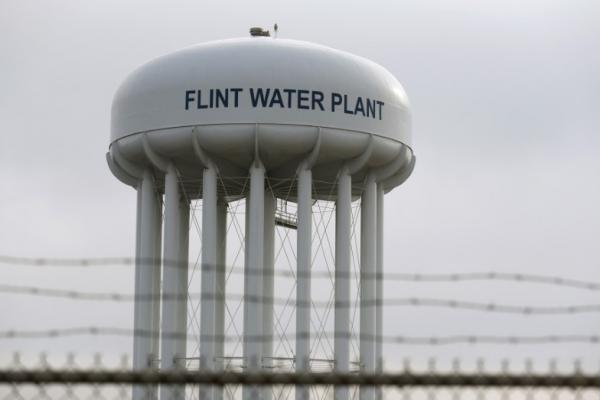Jun 14, 2017
In 2014, Flint began pumping water from the Flint River into the homes of Flint’s nearly 100,000 residents. Officials have admitted to not properly treating the water with appropriate corrosion measures, resulting in undrinkable lead-poisoned water.
Read the Full Article

Already a subscriber? Login
